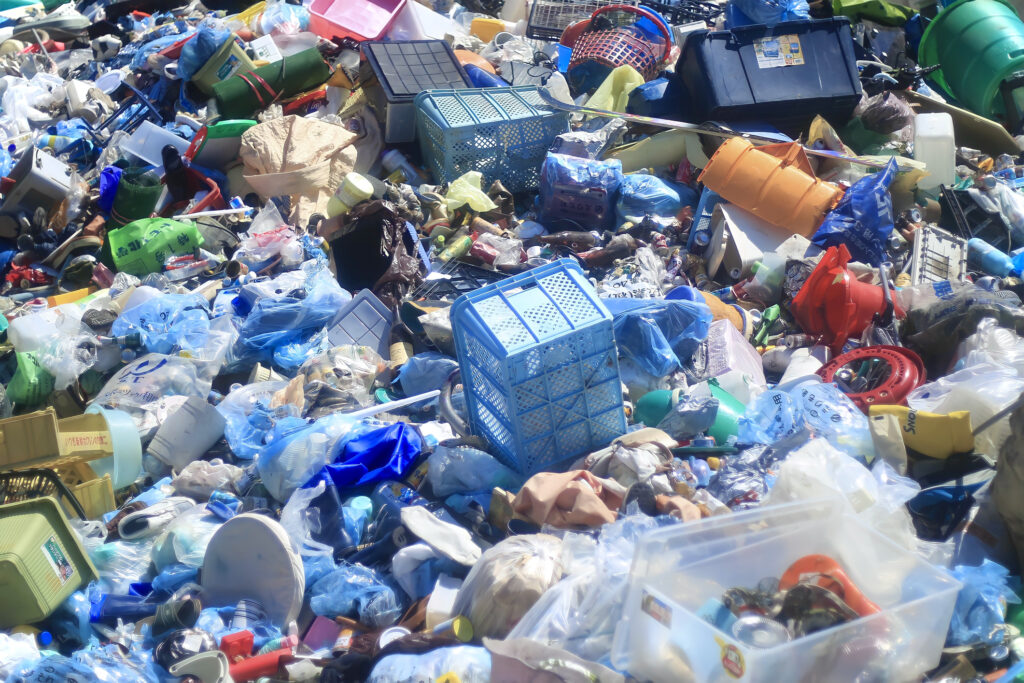
Today, global plastic consumption mirrors the upward trajectory of worldwide GDP growth. As a result, the crisis of plastic waste is not just a concern, it’s an urgent call to action. Annually, a staggering 460 million tons of plastics flood the market, resulting in approximately 360 million tons of plastic waste. Shockingly, 70% of this waste remains uncollected, seeping into the environment through leaks, landfills, or open burning, intensifying the environmental impact.
Recognizing the gravity of this issue, a powerful surge of global initiatives has emerged, all with a common goal of curbing plastic waste. Public and private entities have united, understanding that a collaborative approach is key to combating this problem.
At the forefront of these efforts is the Alliance to End Plastic Waste, an organization committed to making a tangible impact on the global plastic crisis. To enhance its effectiveness and quantify its influence, the Alliance has enlisted the expertise of EY teams (the global accounting firm formerly known as Ernst & Young) to develop a Key Performance Indicator (KPI) metrics framework. This framework is designed to measure and assess the impact of the Alliance’s initiatives in the fight against plastic waste.
The sheer scale of the plastic waste problem necessitates a strategic and comprehensive approach. The KPI metrics framework is innovative and instrumental in gauging the success of ongoing efforts to combat plastic pollution. By establishing key metrics, the framework provides a robust mechanism for tracking progress, identifying areas of improvement, and ensuring transparency in the Alliance’s mission.
In a notable collaboration with global management consulting firm, Roland Berger, the Alliance has gone a step further by designing a conceptual framework that lays the groundwork for enhancing plastic waste management systems globally. This conceptual framework, developed in 2023, serves as a vital tool to tailor policies and levers that address the specific challenges of plastic waste pollution. The hope is that governments worldwide will use this framework as a guide to assess and optimize waste management systems, leveraging the proposed policy levers to bolster the effectiveness of their measures against plastic pollution.
The EY-developed KPI-metrics framework is a cornerstone of the Alliance’s commitment to accountability and impact measurement. By quantifying their efforts, the Alliance aims to raise awareness and inspire meaningful action against the burgeoning plastic crisis. In a world where plastic waste poses an ever-growing threat to the environment, initiatives like these underscore the importance of collaboration, innovation, and strategic measurement in pursuing a sustainable future.
Image credit: Yusuke Kohno | iStock | Getty Images Plus
